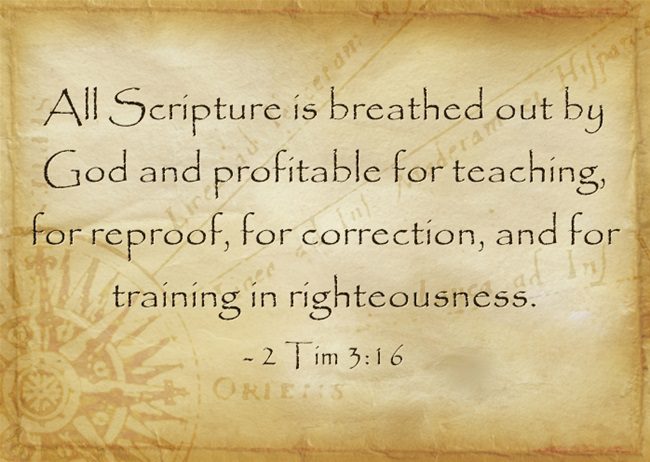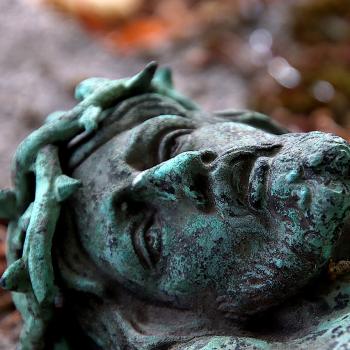What does the “canon” have to do with the Bible? What is the relation to the canon and the books of the Bible?
The Canon of Scripture
The word “canon” comes from the Greek (κανών) and means “rule” or “measuring stick” and they were using this term as a way to see if the books that were suggested to be included in the Bible would “measure up” to the biblical standards of what books were already accepted. Not all books suggested to be canonized were included in the Bible and for very good reason. Some were written by questionable authors while some had questionable content. Some had content that was clearly heretical and thus were not canonized or accepted as the Word of God.
The Rejection of the Apocrypha
There wasn’t much controversy at all with the books of the Old Testament and only slightly more with the books of the New Testament, because most scholars, and particularly Jewish scholars, easily accepted these books as inspired by God. On the other hand, most of the scholars have rejected what is called the “Apocrypha” or Deuterocanonical, because they are usually written works that have an unknown author, or these books are of doubtful authenticity and are spurious at best, and they are not considered to be within the particular canon of the Bible as we know it today. The origin of the word “Apocrypha” comes from the Latin adjective apocryphus, meaning “secret or non-canonical” and the Greek word for Apocrypha is “apokryphos” and means “obscure” and comes from the Greek verb “apokryptein” meaning “to hide away.” These books should have stayed hidden because they contain far too many doctrinal errors to be included in the Bible.
Problems with the Apocrypha
The Apocrypha include books like Tobit, Judith, Maccabees, The First and Second Book of Esdras as well as others but there is good reason that these books were never canonized. The early Jewish scholars like Josephus, Philo, Jamnia, Origen, and Jerome all made certain that these books were not going to be included in the Bible. The great Christian scholar Jerome’s whose Latin vulgate is still in use by the Catholic Church today, insisted that the Apocrypha books not be included in the Bible. The other name sometimes used for Apocrypha is Deuterocanonical and even that name means “’belonging to the second canon.”
Doctrinal Errors of the Apocrypha or Deuterocanonical
Tobit 4:11; “For alms deliver from all sin, and from death, and will not suffer the soul to go into darkness.”
Second Maccabees 12:43, “And making a gathering, he sent twelve thousand drachms of silver to Jerusalem for sacrifice to be offered for the sins of the dead, thinking well and religiously concerning the resurrection.”
Tobit 12:9, “For alms delivereth from death, and the same is that which purgeth away sins, and maketh to find mercy and life everlasting.”
Can you already see the problem? Only Christ can take away sins, not alms, not offerings, not money, but Christ alone (Acts 4:12). These verses are but a few of the many doctrinal errors found in the Apocrypha and clearly why these Deuterocanonical were never canonized. Jewish historians do not accept them. Most of the world does not hold any stock in these books. God’s word, when measured up against them, exposes them for the errors they contain.
Conclusion
Thankfully, the main things are the plain things and that is that we can be saved to eternal life and what this means is that we believe that Jesus is the Son of God and is fully God and came to earth and was born of a virgin, lived a sinless life, died for our sins so that we could inherit eternal life someday and be with God and that the penalty for our sins was paid for by Jesus’ shed blood on the cross. What you have to do is turn from your sins and forsake them. This is called repentance. Then you must ask for the forgiveness of your sins and God promises to cleanse us or wash away all of our sins (1st John 1:9).
Article by Jack Wellman
Jack Wellman is Pastor of the Mulvane Brethren church in Mulvane Kansas. Jack is also the Senior Writer at What Christians Want To Know whose mission is to equip, encourage, and energize Christians and to address questions about the believer’s daily walk with God and the Bible. You can follow Jack on Google Plus or check out his book Blind Chance or Intelligent Design available on Amazon.
















